Post
A catch
Save a catch to start your fishing logbook. You will be able to to share it with the community if yo want!
A fishing trip
Post an ad to go fishing with other fishermen
Save a catch to start your fishing logbook. You will be able to to share it with the community if yo want!
Post an ad to go fishing with other fishermen
Share a thought, a question with the community
My favorite cities
×Join our 672 fishermen in Little-Crosby in Merseyside. The fishing forecast is currently 3.3. The most caught fishes here are the weever fish, the turbot fish, the monkfish and the european eel. Come try the most famous fishing techniques like the how to choose jig for squid fishing?, the stalking fishing technique, cast fishing on the edge for mackerel or tips on material to catch pollack with longline.
Our fishing forecast of Little Crosby indicates the best time to go fishing in this city.
The Weever fish
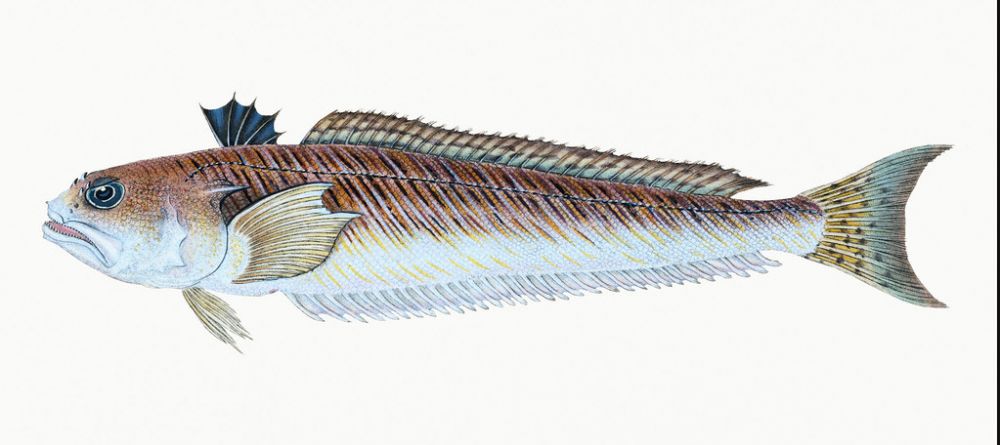
The Weever fish belongs to the Trachinidae family. The Weever fish form a family of perciform marine fish, the Trachinidae, which includes nine species. Their sizes vary from 15 cm to more than 50 cm depending on the species. The Nine species are: The Lesser weever, the Spotted weever, the Guinean weever, the Sailfin weever, the Trachinus cornutus, the Greater weever, the Striped weever, the Cape Verde weever and the Starry weever. It can be fished during the hot seasons. The Weever fish can be classified into two categories, on the one hand the small Vive which measures less than 15 cm, and the large Vive, measuring on average 2 to 30 cm and can reach 50 cm in length. The large weever differs from the small one in that it has four thorns in its orbits. The weever is always dangerous, in that it is endowed with erectile spines are the bite is very toxic, which can have long-term consequences in humans. The weever is yellow on the back, with a whitish belly and yellow or brown streaks. Accidents are much more frequent since the weever is often buried in the sand, so the risk is greater, as you may step on it and get stung.
The Weever fish is a famous fish you can catch in Little Crosby.The Turbot Fish
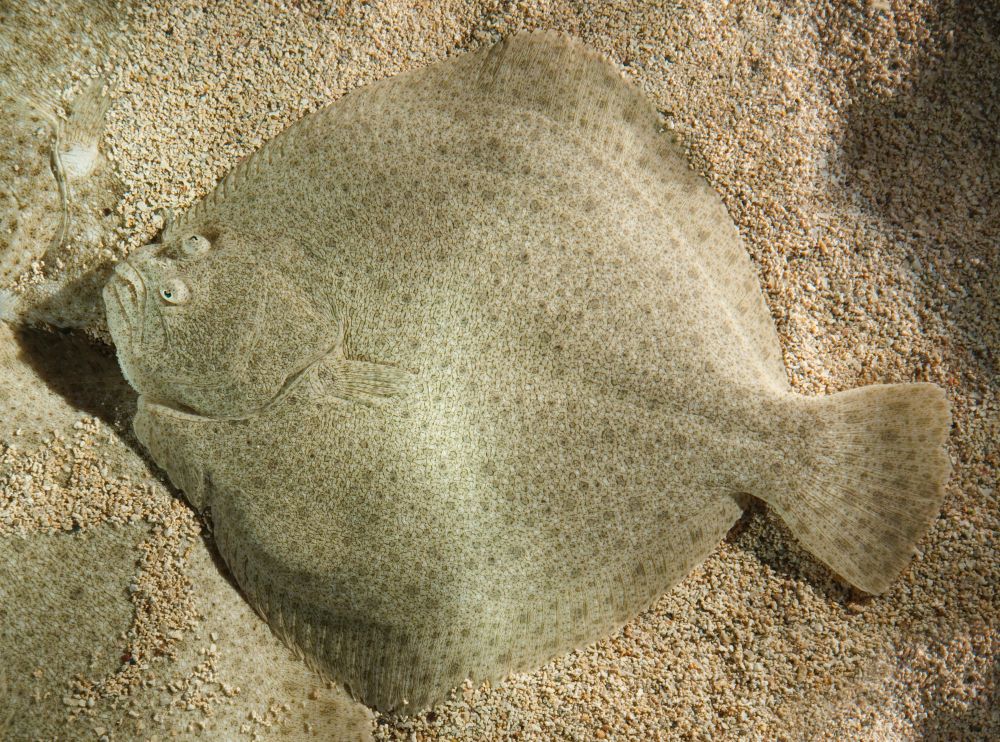
The turbot fish belongs to the Scophthalmidae family. When mature, the average size of the turbot is 30 to 60 cm. In general, males are smaller (35 cm) than females (42 cm). Some individuals can reach a maximum height of 1 m. An adult turbot weighs an average of 6 kg. Exceptionally, some specimens can weigh up to 25 kg. This fish has a long lifespan, the male can live up to 20 years while the female, up to 25 years The breeding period is between February and April. The female can lay up to 3 million eggs. Turbot is caught from January to May. The Turbot is a flatfish, left-handed or senestral, i.e. it rests on its right side (bottom side, blind) and has its left side facing upwards (top side). The origin of the dorsal fin is in front of the eye and its first rays are unbranched. The upper surface is covered with scattered bone tubers (transformed scales). This feature gives it its common name of studded. The eyes are relatively far apart (the distance between them is greater than the diameter of one eye). The lateral line is very curved at the pectoral fin. Like most flatfish, the livery is of variable color, in homochrome with the bottom. It can have many round white to black spots.
The Turbot Fish is a famous fish you can catch in Little Crosby.The Monkfish
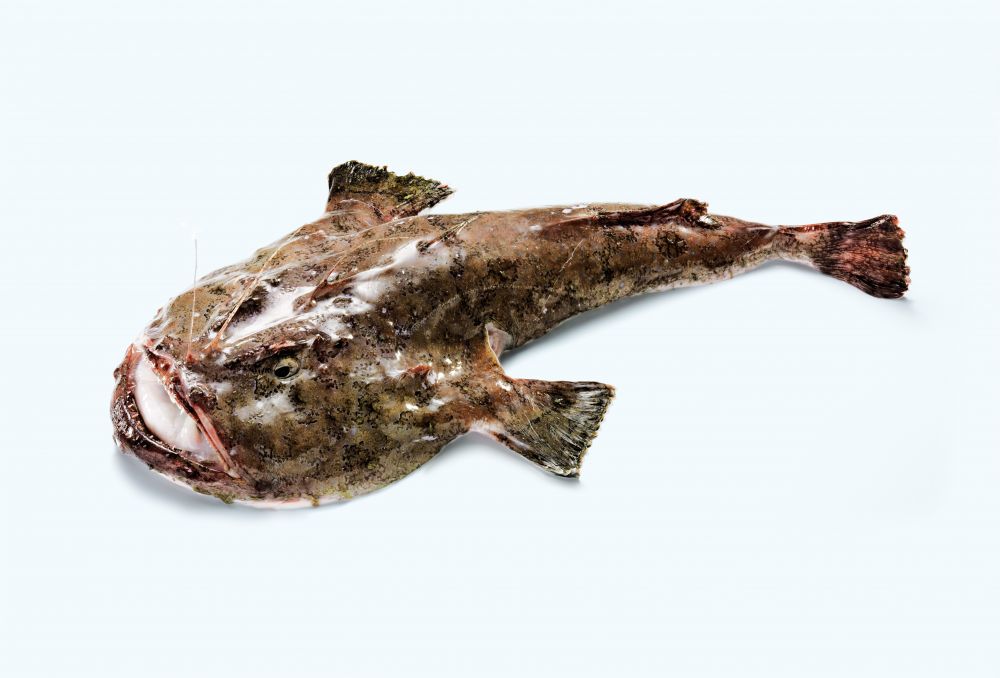
The Monkfish belongs to the Lophiidae Family. The height, in adults, is between 70 and 200 cm. The weight of large individuals is around 40 kg, with a maximum of 58 kg recorded. The longevity is about twenty years. It breeds in winter. The female can lay millions of eggs at once. It is fished in abundance from December to March. With its enormous head (it constitutes 60% of the animal's weight), its widely split mouth and highly developed pectoral fins, anglerfish cannot be confused with any other fish. The body has a round section at the level of the tail, flattened towards the head. The first three rays of the dorsal fin are placed very far forward; the first, located in front of the eyes, carries a flap of bifid skin that the animal uses as bait. The skin is smooth, flake-free and slightly viscous. A row of branched appendages, more developed around the head, borders the median part of the body. The gill holes in the highest position are protected by two bony caps inserted under the skin. The teeth are strong, pointed and curved backwards. The general color is a light brown marbled with darker areas, which may vary according to the environment. Despite their large size, anglerfish are quite good at camouflage.
The Monkfish is a famous fish you can catch in Little Crosby.The European Eel
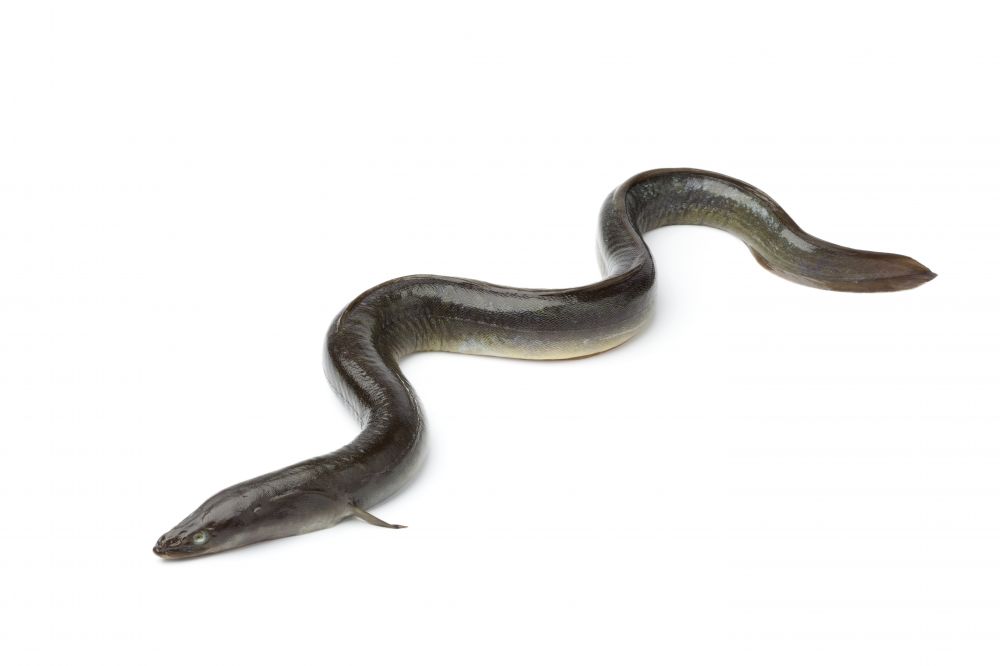
The European Eel belongs to the Anguillidae family. The european eel can reach a maximum size of 1.50 m and a weight of 3 kg. However, males rarely exceed 45 cm. The current size is more modest and varies between 40 and 60 cm. Its longevity is 12 to 20 years but in captivity it can reach more than 50 years. They can be fished from June to September. The European eel has a snake-like body, with a circular cross-section and very elongated. The body is covered with smooth, viscous skin, rich in thick mucus-secreting cells. The scales are small, oval and deeply embedded in the skin. It has a small round eye and a terminal mouth. The lower jaw is prominent. The color of the eel varies as it grows. In the yellow eel stage, it has a brownish, greenish or yellowish color depending on its habitat (homochrome). The lateral line is not very visible. In the silver eel stage, the back is dark green, the sides have silvery highlights and the belly is pearly white. The lateral line becomes very visible. The body of the European eel does not have pelvic fins. The pectoral fins, the only even fins, are small. On the other hand, odd fins (dorsal, anal, caudal) are very long and fuse at the tail.
The European Eel is a famous fish you can catch in Little Crosby.The John Dory Fish
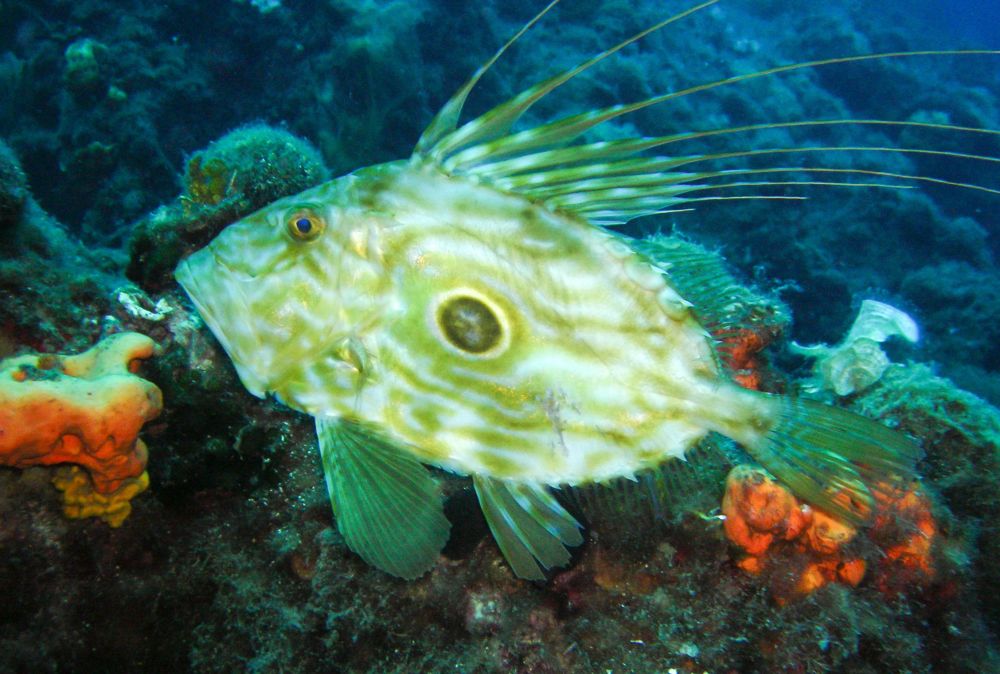
The John Dory fish belongs to the Zeidae family. It measures 30 to 50 cm on average and can reach a maximum weight of 8 kg. It can live up to 12 years. This fish is caught all year round but more easily from April to July. This fish has a high body and very strongly compressed laterally. Its head and the base of its fins carry thorns and bone ridges. The filaments carried by the dorsal fin are very long in juveniles and gradually regress until the animal reaches its adult size. Its eyes are high and his protractile mouth is widely split. An arched lateral line can be seen above the pectoral fins. Its color varies from grey-green with silvery to golden yellow reflections, often marked by longitudinal mottling. A large black eye patch surrounded by grey adorns the middle of each flank.
The John Dory Fish is a famous fish you can catch in Little Crosby.Our fishing forecast of Little Crosby indicates the best time to go fishing in this city.
Our fishing forecast of Little Crosby indicates the best time to go fishing in this city.
Our fishing forecast of Little Crosby indicates the best time to go fishing in this city.
